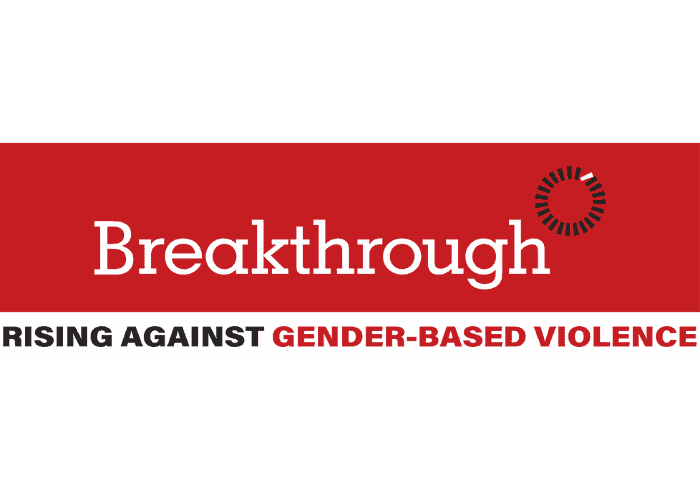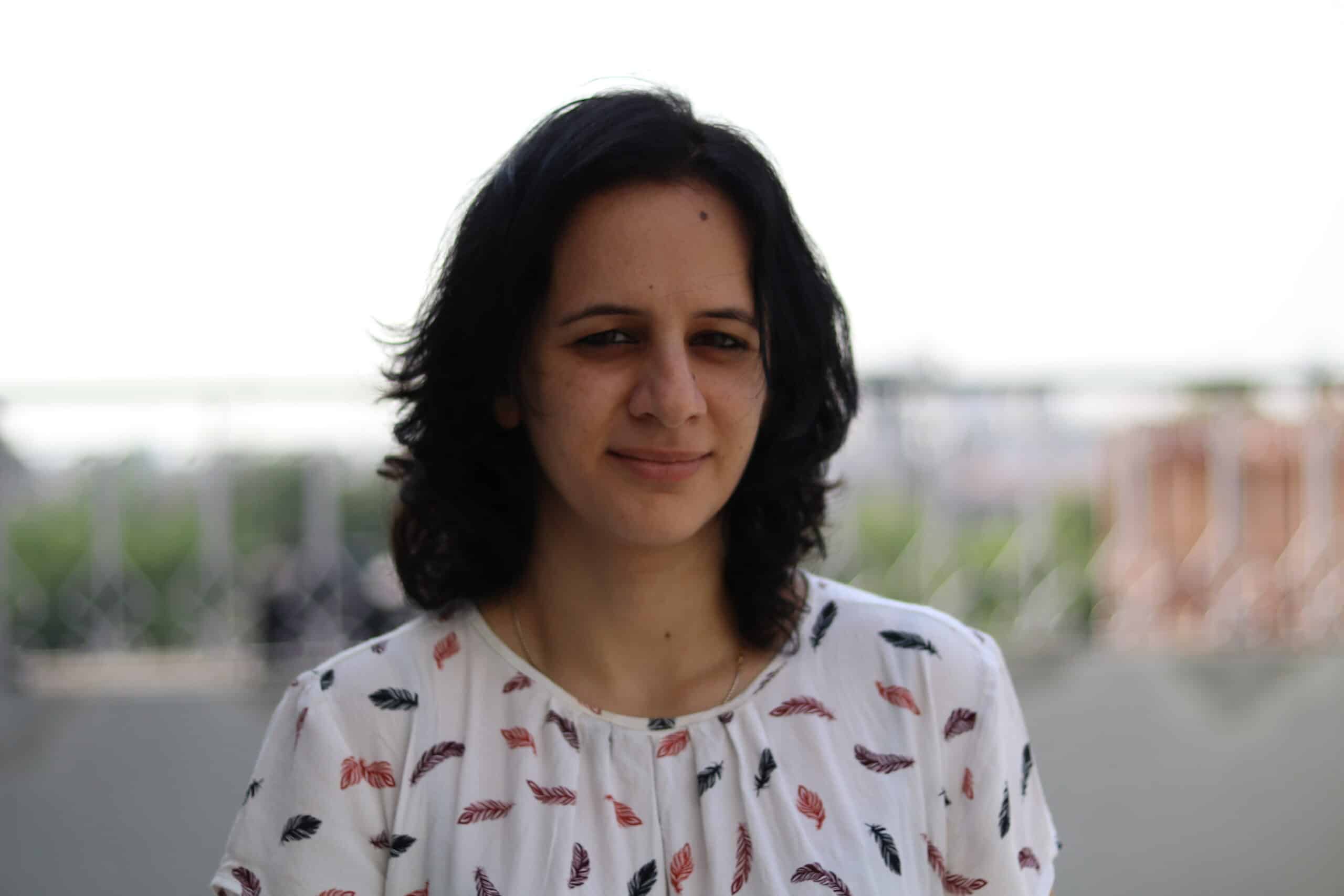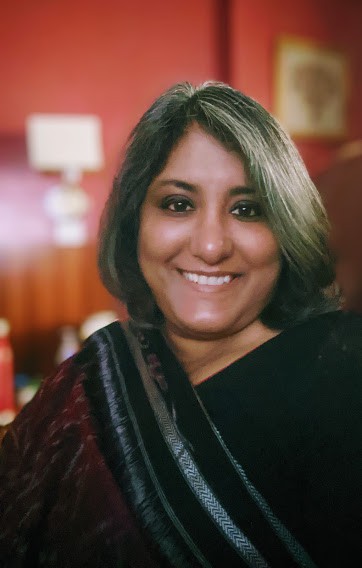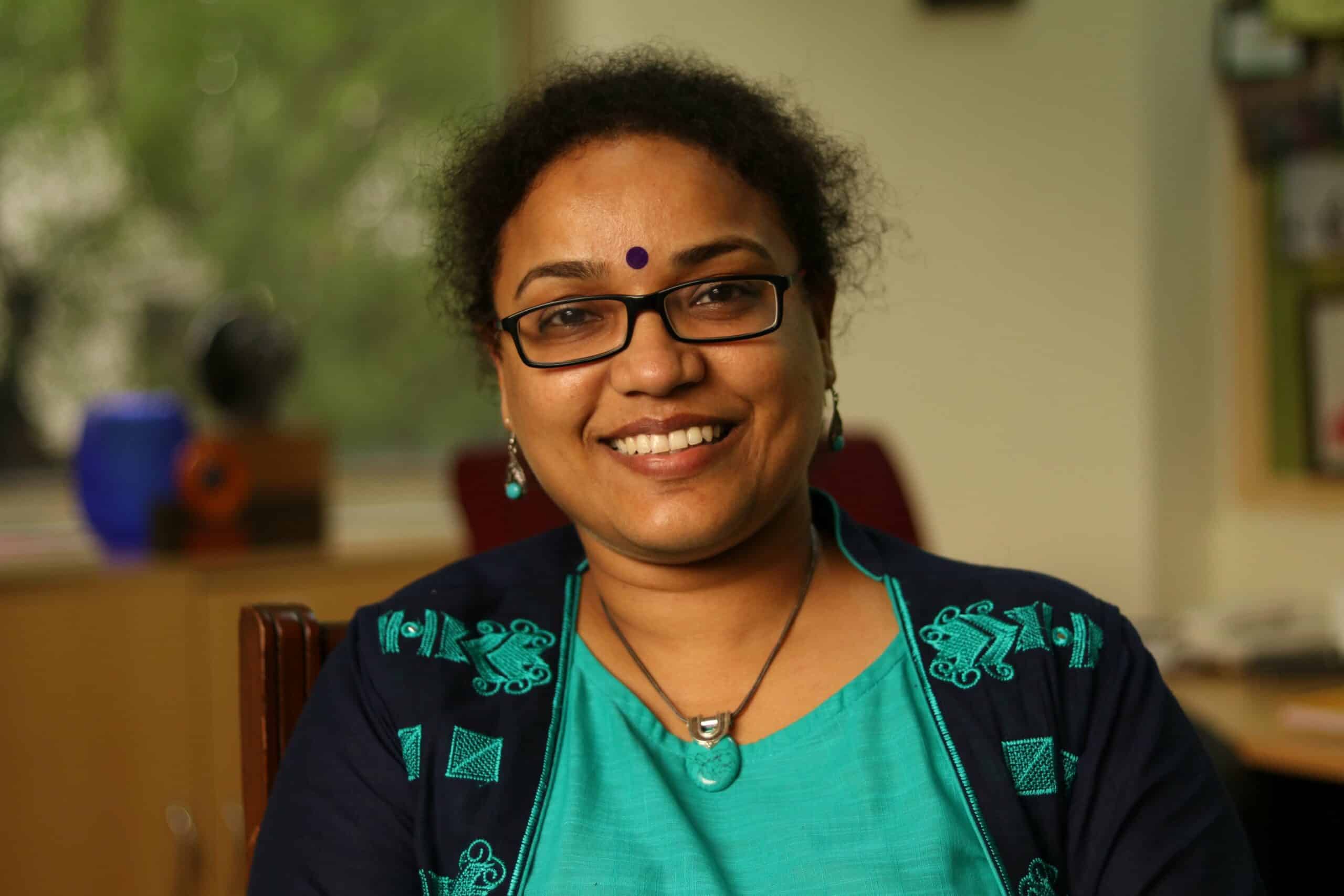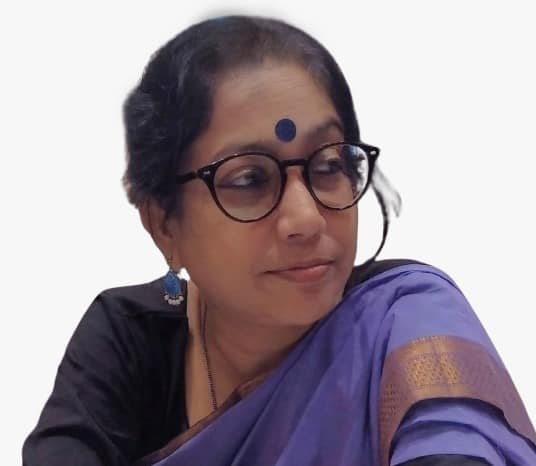Breakthrough Trust is an India-based nonprofit founded in 1999. It envisions a world in which gender-based violence is unacceptable and in which all people enjoy their human rights and live with dignity, equality & justice.
Our mission is led by young people aged 11 to 25. As they rise against gender-based violence, we also support them with media tools that shape public narratives and inspire people to build a world of equality, dignity & justice.
We implement community-based programs that target adolescents inside and outside the school system. Through our work we have reached nearly 1.5 million adolescents in 13 districts and 4 states (Haryana, Uttar Pradesh, Jharkhand and Delhi/NCR) in India.
Breakthrough uses the socio-ecological model where we work with different stakeholders, including local administration at the village and district level, frontline health workers & other community stakeholders – families, other community members who impact a girl’s life. We also work with young adults aged 19-25 years old in the community & create youth leaders or Team Change Leaders (TCLs). These TCLs act as a bridge between the organisation & the community & are extensively trained by Breakthrough to act as a support system for adolescents in the community.
In conjunction, through our Systems Change work on Gender Transformative School Systems, we collaborate with state governments & state education departments to embed a gender lens into the middle school subject curricula. We are currently working with the governments of Punjab and Odisha to scale the programme in government schools & are involved in training teachers and school leaders to build gender sensitivity, work with the middle management for effective implementation of the program and enhance parental engagement to increase value for girls’ education and aspirations.
















